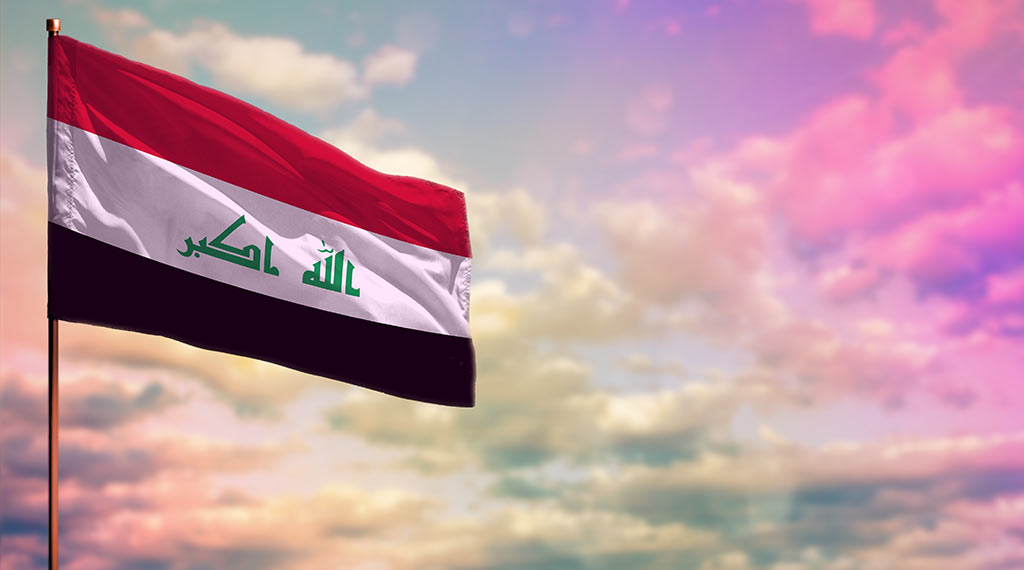
After two days of deadly unrest, armed supporters of Moqtada al-Sadr began to clear out of Baghdad’s Green Zone at the behest of the Shiite cleric leader. In a public statement condemning the violence that had engulfed the country and apologizing for the 22 Iraqis killed, Sadr ordered his followers to disperse in a calm and orderly fashion.
An Inconclusive Election Creates Instability
Since its October 2021 national election produced ‘inconclusive’ results, Iraq has grappled with intense political gridlock and chaos that has largely paralyzed the country. On Monday, tensions escalated when Sadr, who’s political bloc won the most seats in last year’s election, announced he was withdrawing from political life. The ongoing political upheaval in Iraq is just the latest in a surge of demonstrations that have swept the country in recent years.
Since Sadr proclaimed his resignation, protests have primarily concentrated around Baghdad’s fortified Green Zone, home to foreign embassies and other diplomatic sites. Sadr’s protesters were already holding a sit-in inside the Green Zone when news of the cleric’s plans circulated. Sadr’s supporters immediately stormed the presidential palace, scaling the walls and swarming the halls of the building.
Protests soon turned deadly when live ammunition descended upon the demonstrators. According to BBC, all protesters killed so far were Sadr’s supporters and an additional 380 people were injured. A few weeks ago, dueling protests between Sadr’s supporters and demonstrators representing Iranian-backed militias played out in front of Iraq’s Supreme Judicial Council. Sadrists demanded the dissolution of parliament and early elections, to which Iranian-backed Shiite blocs refused to accede.
Tensions between Sadr’s political bloc and the Iranian-aligned Fatah Alliance peaked last October when Iraq’s national elections were denounced. The election results gave the Sadrist Movement a huge boost, raising the party’s initial thirty-four seats to seventy-three. The Iranian-backed Fatah Alliance took the greatest hit, losing almost three-quarters of its seats.
- America’s Supercarriers Are Back in Force in the Pacific - December 30, 2025
- Israel’s $2 Iron Beam Laser Could Disrupt Missile Warfare - December 23, 2025
- US Stands Up New Drone Strike Force in the Middle East - December 9, 2025
